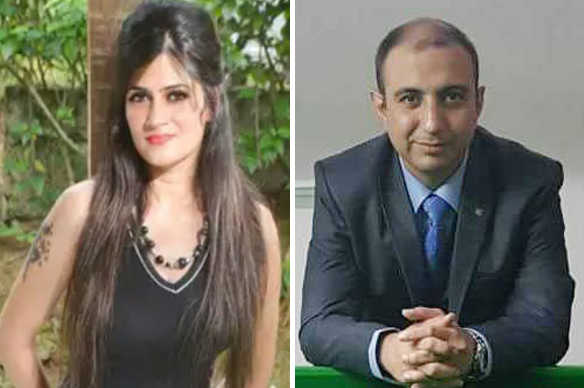
Indira Gandhi’s biggest worry after the surrender of Pakistan in 1971 was the safety of Mujibur Rahman. The release of Pakistani POWs was the price Zulfiqar Ali Bhutto (and the ISI) extracted for the safe return of the Bangladeshi leader.
On August 2, 1972 – eight months after the 13-day India-Pakistan war ended on December 16, 1971 – the two countries signed the Shimla Agreement under which India agreed to release all the 93,000 Pakistani prisoners of war (POW) its army had taken during the course of the war. This proved to be a controversial decision, with many in India questioning why Prime Minister Indira Gandhi had squandered a golden opportunity to bargain with Pakistan and settle the Kashmir problem on India’s terms.
What motivated Mrs Gandhi to release the POWs? What went on behind the scenes? Were there any compelling circumstances at play that have remained unreported? If there were any, ideally they should be brought into the public domain, so that future generations may benefit from the lessons of history. Since I was personally privy to these developments, as a retired diplomat I can now tell the story, even if it has been 40 years since these events transpired.
December 16, 1971 – the day when Pakistan’s armed forces laid down their arms at a surrender ceremony in Dhaka before the joint command of the Indian armed forces and Bangladesh’s Mukti Bahini – was the finest hour in both India and Bangladesh’s military histories, one old and another new.
However as the two armed forces were celebrating their military victory against an unrelenting tormentor, Mrs Gandhi was pondering the other critical issues facing India.
Apart from dealing with the enormous cost of the war, India also had to bear the financial burden of looking after the 10 million refugees who had crossed over to India from East Pakistan as they fled the Pakistani army’s horrendous atrocities, better known as the Bangladesh Genocide of 1971.
The other big challenge, which was quite complex diplomatically since it involved national security and foreign policy issues, in addition to requiring delicate handling, was the unforeseen and un-budgeted responsibility of having to look after the 93,000 Pakistani soldiers taken as POWs. India wanted to keep the Pakistani soldiers in conditions of comfort that went over and above the provisions listed in the Geneva Convention.
Indira Gandhi’s paramount concern at that moment of time was figuring out how to get Bangladeshi leader Sheikh Mujibur Rahman back to his country alive and well.
She was prepared to pay any price to save his life. This much the prime minister confided to at least one member of her so called ‘kitchen Cabinet’. That person was Ram Nath Kao. the RAW chief.
She was acutely aware of the fact that Mujib was tried by a Pakistani military court and a verdict of death by hanging on charges of treason had been handed down to the Bangladesh leader. Also, as is typical with the Pakistani military, its security services did not fail to demonstrate their morbidity in the crudest possible terms. In his prison cell, a 6.5 ft long grave was dug with a rope with a loop at the end hanging over it – serving as a warning that he could face a cruel death any moment.
It would be a nightmare for Gandhi if the Pakistan army carried out the death sentence and left Bangladesh an orphaned state. For India, which supported the Bangladesh liberation struggle with its heart and soul, his execution would be an unmitigated disaster, a dream shattered. So it was in India’s interests to leave no stone unturned to save Mujib’s life, for his sake, for the sake of his family, for the sake of Bangladesh and for its own sake.
Meanwhile, Pakistan’s defeat at the hands of its perceived arch enemy India was seen as an intolerable insult to its nationhood. To make matters worse, Pakistan lost half of its territory to Bangladesh, leaving Mohammad Ali Jinnah’s two-nation theory – the ideological foundation of Pakistan’s existence – in tatters. Stung by this catastrophe, the military dictator, General Yahya Khan, in a flash decision, took full responsibility for the national disaster and stepped down from office. He asked Zulfiqar Ali Bhutto, who was still in New York attending UN Security Council meetings, to return home. Bhutto was also informed by General Yahya Khan that he had resigned from his office and that he (Bhutto) had been appointed as the chief martial law administrator of Pakistan. However, before he took his flight for Rawalpindi, Bhutto was instructed to call on US President Richard Nixon, Pakistan’s mentor at that time, in Washington DC.

The grand finale – an unlikely thriller
Bhutto’s Washington-Rawalpindi flight was scheduled for a refuelling stopover at Heathrow airport in London.
Having secured insider information about Bhutto’s journey home, Prime Minister Indira Gandhi called an emergency meeting of the war cabinet in New Delhi at her office in South Block. She wanted, with the utmost urgency, to secure a contact who would be present for Bhutto’s arrival at Heathrow, so she could get the only piece of intelligence India was looking for – what did Bhutto think about Mujibur Rahman being sentenced to death by a Pakistan military court?
The meeting was attended by Durga Prasad Dhar, head of policy planning in the Ministry of External Affairs; Ram Nath Kao, chief of RAW; P.N. Haksar, the prime minister’s principal secretary and T.N. Kaul, the foreign secretary.
It was under Mrs Gandhi’s instructions that Muzaffar Hussain – the former chief secretary of the East Pakistan government, the highest ranked civil servant posted in Dhaka as of December 16, 1971 who had subsequently become a POW in India – was lodged as a VIP guest at the official residence of D.P. Dhar. His wife, Laila, who was visiting London when war broke out on December 3, 1971 couldn’t return home and was stuck there. Both husband and wife (in Delhi and London) were communicating with each other through diplomatic channels. I was assigned the job of a VIP courier. Thanks to conducting several back and forths between the two, I soon established a useful rapport with Laila Hussain.
The prime minister was very much aware that Laila and Bhutto had been intimate friends for a long time and continued to be so. It was felt at the PMO that she was well placed to play a key role in a one-off diplomatic “summit” at the VIP lounge, the Alcock and Brown Suite, at Heathrow airport.
I had met Dhar several times in London during the nine months – from 25 March 1971 to 16 December 1971 – that the Bangladeshi liberation struggle was on. It was at that time that we became friends. He was an unassuming, refined literary personality, extremely well-versed in Urdu poetry. My love of Urdu poetry from my days at Osmania University in Hyderabad was what resulted in our unlikely friendship – despite the huge gap in official hierarchy. D.P. was a cabinet minister and I was a mere bureaucrat.
Just two days before Bhutto was to arrive in London I got a telephone call from D.P. in Delhi. He wanted me to inform Laila that Bhutto had been appointed the chief martial law administrator (CMLA) of Pakistan and that he was on his way to Islamabad from Washington. His flight would be stopping at Heathrow airport for refuelling. I was supposed to persuade Laila to meet Bhutto – for old time’s sake – and ask him, in his capacity as the CMLA, if he could help in getting her husband released from Delhi. Laila knew only too well that I was aware that she had had a relationship with Bhutto in the past. Seeing how the discussions progressed would be a matter of great interest to us. India wanted to know only one thing: what Bhutto was thinking about Rahman, whether to release him to return home, or carry out the military court’s verdict of death.
I succeeded in setting up the meeting. The two long-lost friends, Laila and Bhutto, met at the VIP lounge at Heathrow airport. The meeting was marked by great cordiality. It was as convivial as could be. Without a doubt, the back-channel encounter turned out to be a meeting of great historic significance. It was well and truly a thriller, a grand finale to this narrative.
Bhutto was quick on the uptake. As he responded to Laila’s emotional appeal for help in getting her husband released from Indian custody, he also cottoned onto the fact that the lady was in fact doing the Indian government’s bidding.
With a twinkle in his eye, Bhutto changed the subject. And pulling her aside, he whispered to Laila a very sensitive, top secret message for the Indian prime minister. Sourced from Laila, I quote:
“Laila, I know what you want. I can imagine you are [carrying a request] from Mrs. Indira Gandhi. Do please pass a message to her, that after I take charge of office back home, I will shortly thereafter release Mujibur Rahman, allowing him to return home. What I want in return, I will let Mrs. Indira Gandhi know through another channel. You may now go.”
After Laila briefed me following the meeting, I lost no time in shooting out a confidential message to the PMO in Delhi reporting Laila Hussain’s input.
Not unexpectedly, Gandhi was pleased that Bhutto had sent out a positive message, although it was done unofficially through a back channel. However, she remained suspicious of whether Bhutto could be trusted. The prime minister was cautiously optimistic, but only just. Was Bhutto trying to mislead India? Was he creating a false dawn with a mischievous motive? She wanted a confirmation of Laila’s input from our diplomatic mission in Pakistan as fast as possible. Meanwhile, within hours, a report came back from Islamabad confirming the authenticity of Laila’s report. At this point, Gandhi took matters in her own hands, elevating the discourse from the bureaucratic to the political level.
At her own level, Gandhi had come to know that Rahman would first land in London and then fly from there to Dhaka, or maybe via Delhi.
She confided to one of the members of her kitchen cabinet that she now had confirmed information about what Bhutto wanted from her in return for Rahman’s impending release.

Bhutto had no option but to release Rahman first, the POWs would come later. Obviously, Bhutto was relying on Gandhi’s sense of decency to not let him down. It was starting to get clear that Indira Gandhi had made up her mind. If Bhutto personally asked her for the release of the POWs, she would not hesitate in agreeing to it. A gesture of generosity must be met with a matching gesture of grace. Nothing less.
In a show of manufactured geo-political generosity, Bhutto (read: ISI) over-ruled the death sentence handed out by a military court in Rawalpindi and released Mujibur Rahman on January 8, 1972. On his return, Mujib took charge as prime minister of Bangladesh on January 10, 1972.
Exuding a spirit of genuine gratefulness for sparing the life of Mujibur Rahman, Bangladesh’s father of the nation, eight months after he was set free, India ordered the release of all 93,000 Pakistani POWs under the Shimla Agreement of August 2, 1972. The world had never known such decency in international relations as India’s conduct with Pakistan on the POW issue.
The brutal assassination of Mujibur Rahman and his family three years and eight months later on August 15, 1975 by a batch of Abbottabad-trained army officers – who were then holding senior positions in the Bangladesh army – seemed like the belated fulfilment of the ISI’s unfinished agenda for Bangladesh. The ISI wanted to mete out severe punishment to the Bangladeshi leader for his role in unravelling Pakistan’s territorial integrity. His release from Mianwali prison on January 8, 1972 was merely a distraction.
From India’s perspective, the Kashmir problem remained unresolved; Pakistan eventually launched an unrelenting proxy war which has lasted 45 years and continues to this day.
Thousands lost their lives. The blood never dried; the tears have never stopped flowing.
I conclude with what Justice Abu Said Choudhury, who later became the president of Bangladesh, had to say in a strongly worded letter dated December 16, 1971 that he addressed to Mrs Gandhi – warning her of dire consequences if she decided to go for a unilateral cease fire on the western front. It would remain, he maintained, the half-finished business of the Bangladesh war. His concluding line was, “When you chop off the tail of a cobra, its head becomes ten times more venomous.”
The letter arrived on the prime minister’s desk a day too late.
Sashanka S. Banerjee was posted as a diplomat in the Indian mission in London in 1971-72. Among other books, he is the author of India, Mujibur Rahman, Bangladesh Liberation & Pakistan: A Political Treatise, published in the US in 2011. He was awarded a state honour, ‘Friend of Bangladesh Liberation War’ in October 2013 by Bangladesh Prime Minister Shaikh Hasina.
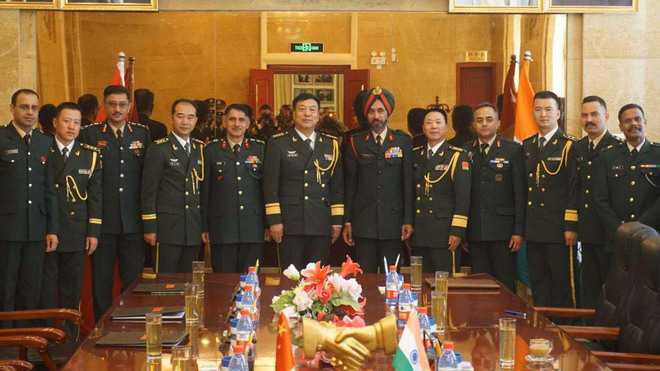





















































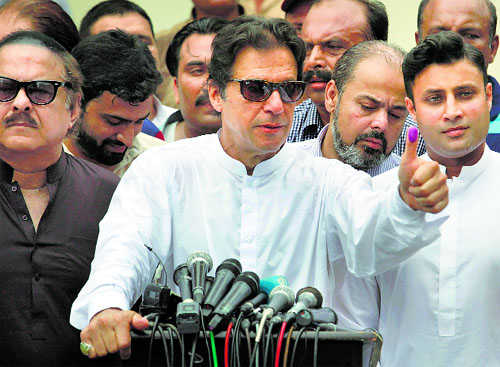
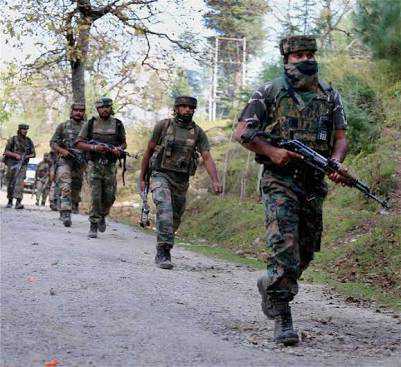

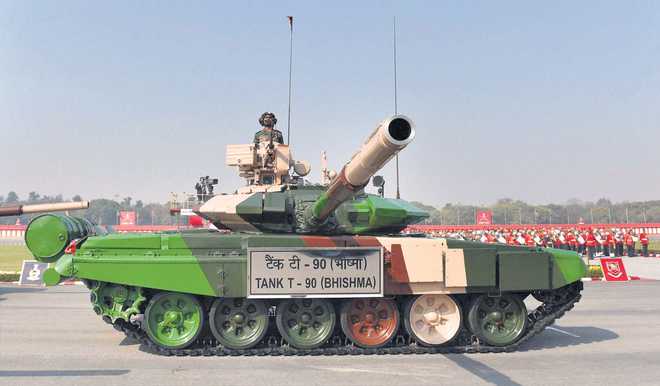
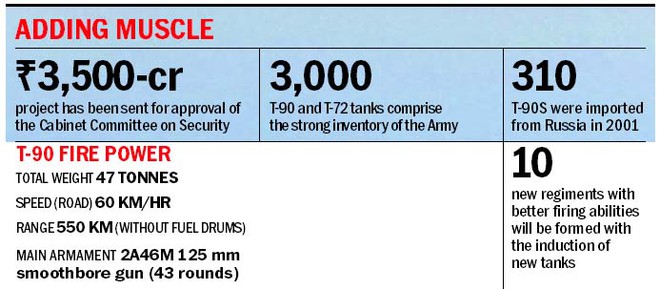
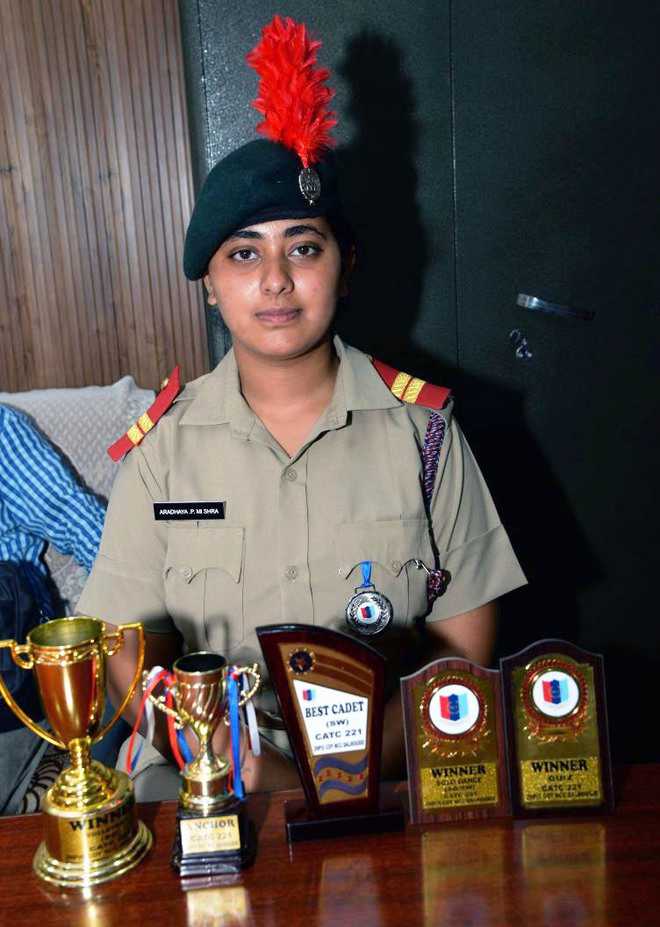
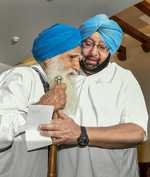

 KESHAV SINGH/HT
KESHAV SINGH/HT
